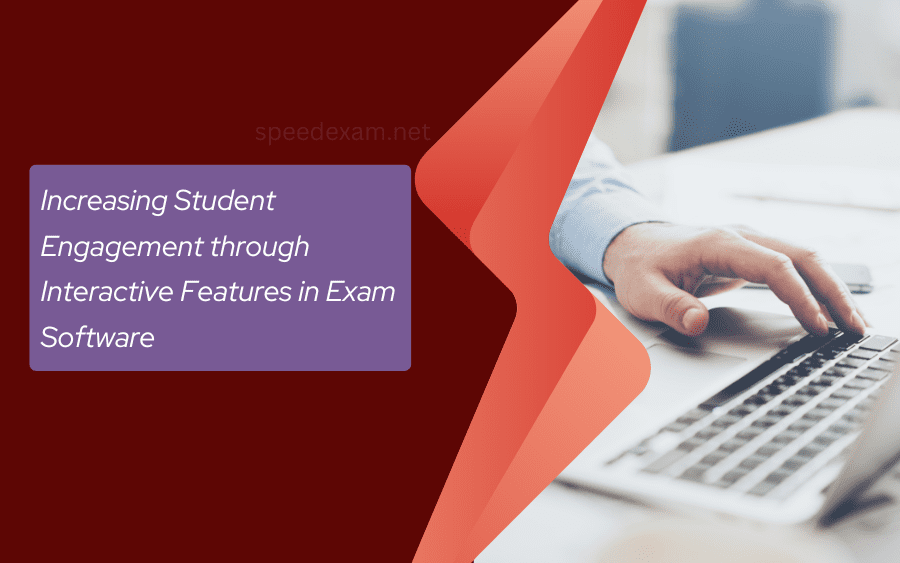Medical aspirant wondering about the differences between NEET and AIIMS exams? Find out which one is more challenging, their syllabus and exam patterns, coaching options in Delhi, and how they impact your chances of admission to prestigious medical colleges.
NEET vs AIIMS: A Battle of Medical Entrance Exams
Medical entrance exams are crucial milestones for aspiring doctors in India. NEET (National Eligibility cum Entrance Test) and AIIMS (All India Institute of Medical Sciences) are two of the most sought-after exams in the country. To assist you in making wise choices and laying the foundation for a fruitful medical career, we have compared both tests in great detail.
The Difference between NEET and AIIMS Exams
NEET (National Eligibility cum Entrance Test): NEET is a national-level medical entrance exam conducted by the National Testing Agency (NTA). It is the gateway to various government and private medical colleges across the country, excluding AIIMS and JIPMER (Jawaharlal Institute of Postgraduate Medical Education and Research). NEET primarily assesses candidates on Physics, Chemistry, and Biology (Botany and Zoology).
AIIMS (All India Institute of Medical Sciences): AIIMS, on the other hand, is conducted by the prestigious All India Institute of Medical Sciences. It is specifically for admissions to AIIMS institutions located in Delhi, Bathinda, Bhopal, Bhubaneswar, Jodhpur, Nagpur, Patna, Raipur, Rishikesh, and Rae Bareli. AIIMS entrance exam covers subjects like Physics, Chemistry, Biology, General Knowledge, and Aptitude.
Which Exam is More Challenging: NEET or AIIMS?
Both NEET and AIIMS exams are highly competitive, demanding rigorous preparation. NEET assesses students on subjects taught in the 11th and 12th standards, while AIIMS includes additional sections like General Knowledge and Aptitude. The difficulty level of AIIMS questions is often considered higher, making it more challenging for many aspirants.
Syllabus and Exam Pattern Similarity for NEET and AIIMS
While both exams have overlapping subjects like Physics, Chemistry, and Biology, AIIMS includes General Knowledge and Aptitude, setting it apart from NEET. However, candidates preparing for NEET can easily adapt to AIIMS’ syllabus with some additional efforts to cover the extra sections.
NEET Offline Coaching in Delhi and Best Coaching Institutes
NEET coaching in Delhi, numerous coaching institutes offer offline coaching for aspiring medical students. Reputed coaching centers provide comprehensive study materials, experienced faculty, and regular mock tests to help students excel in the exams.
NEET Coaching in Delhi with Fees
Fees for NEET coaching in Delhi can vary based on the coaching institute’s reputation, facilities, and faculty. Some institutes might charge higher fees, it’s essential to choose one that suits your budget without compromising on the quality of education.
Which Exam Covers a Broader Range of Medical Colleges?
NEET offers a broader scope as it opens doors to various medical colleges across India (except AIIMS and JIPMER). On the other hand, AIIMS is limited to admission to the prestigious AIIMS institutions only.
Attempts Allowed for NEET and AIIMS Exams
As per the latest regulations, both NEET and AIIMS have no limitations on the number of attempts for candidates. Medical aspirants can take these exams as many times as they wish to improve their scores and secure admissions to their desired colleges.
Chances of Admission to Prestigious Medical Colleges
While AIIMS is synonymous with excellence and carries immense prestige, securing admission to AIIMS institutions is incredibly competitive due to limited seats. NEET, being a gateway to numerous medical colleges, offers more opportunities for admission across the country.
Can Students Apply for Both NEET and AIIMS Exams in the Same Year?
Yes, students are allowed to apply for both NEET and AIIMS exams in the same year. This gives aspirants the chance to increase their options and enhance their likelihood of getting admission to a medical college of their preference.
Choosing between NEET and AIIMS depends on various factors, including personal preferences, career goals, and the level of competition one is willing to face. While AIIMS is prestigious, NEET offers more options and a broader reach.
Adequate preparation, dedicated effort, and choosing the right coaching institute can significantly impact a student’s chances of success in these highly competitive medical entrance exams. Remember, regardless of the path you choose, passion and perseverance are key to unlocking a successful medical career.



